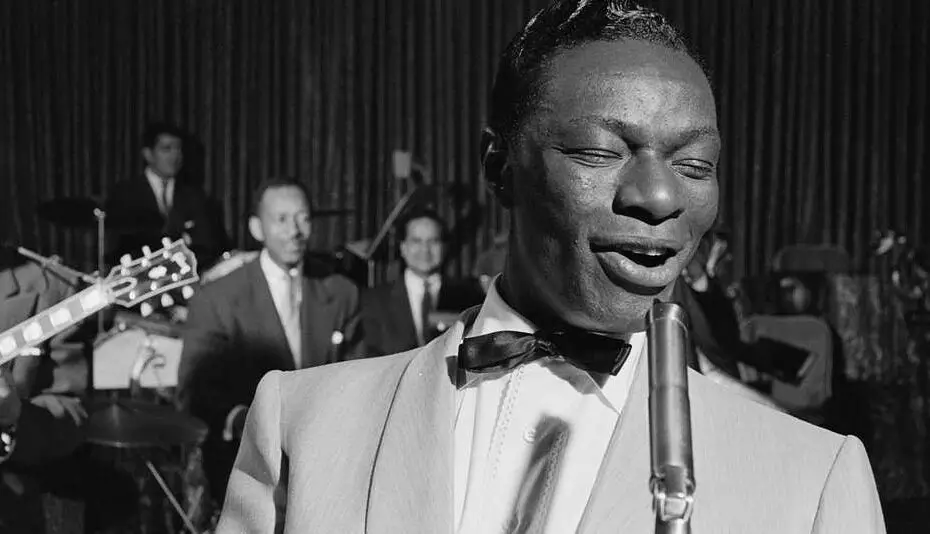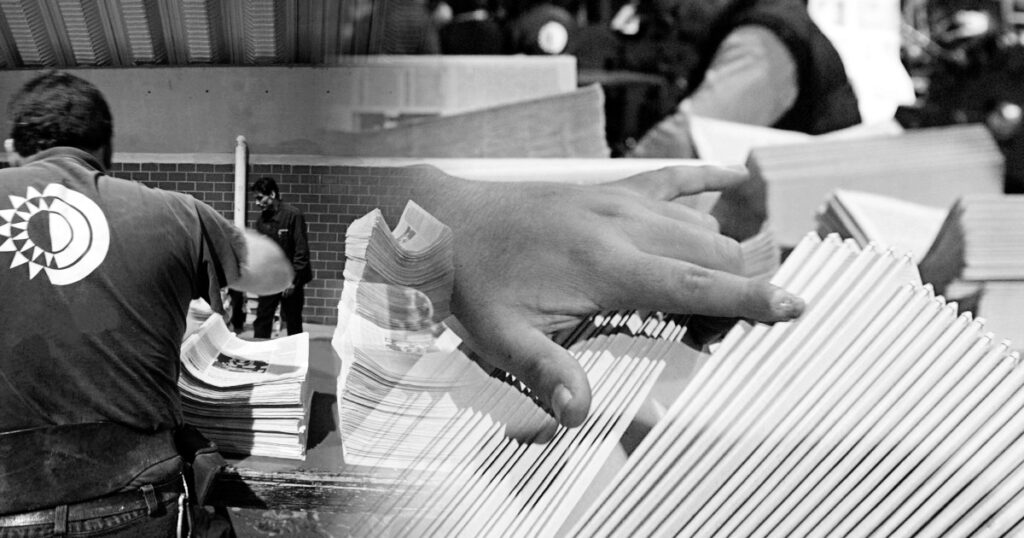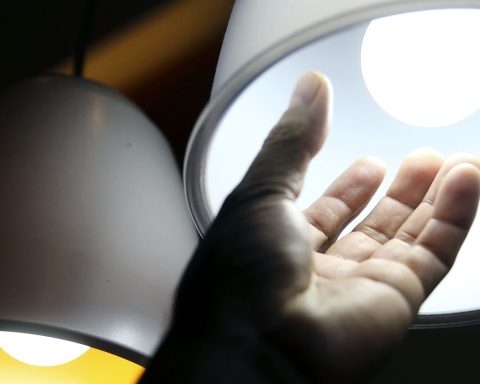HAVANA, Cuba.- Havana during the republican period shone, on numerous occasions, with the visit of great artists from around the world. Endless is the list of personalities who fell in love with the beauty, elegance and atmosphere of the Cuban capital in the fifties; among them the mythical jazz pianist and singer Nathaniel Adams Cole, better known as Nat “King” Cole, who traveled to Havana in 1956, 1957 and 1958 to fulfill important work contracts.
The king of swing, born March 17, 1919, came from a religious family. His mother played the organ in church and was the only teacher the talented singer had.
Cole grew up surrounded by gospel, jazz, and classical music. He was a member of several small-format groups and his popularity smiled at him early thanks to his gift for interpreting jazz; although he did not reach the general public until the year 1940, when he interpreted “Sweet Lorraine”.
During his first visit to CubaNat “King” Cole conquered one of the most important places in music: the cabaret Tropicana; but he also delved into the nocturnal hustle and bustle of the casinos, and into the tasty musicality of the humble neighborhoods, where he was closer than ever to Cuban sounds.
The expectation of his arrival in the capital was so great that the media packed the prestigious cabaret, which had been in decline for some time due to the relevance that its counterpart, the Sans Souci, had achieved. To this we must add that since the 1940s a personality of such magnitude had not arrived in Havana, so all the attention revolved around the charismatic interpreter of “Unforgettable”, “Smile”, “Mona Lisa” and other enduring songs.
It is said that King Cole did not take his privileged talent seriously. Owner of a powerful voice, he never considered himself a good singer and did not enjoy studio recordings. Instead, he loved playing the piano, which allowed him to express his deepest feelings and harmonize freely.
By the time Cole visited the island, much of his repertoire consisted of ballads, but he never gave up on jazz. Despite the fact that many accused him of having sold out to commercial music, the King always had time for a good “download”.


















